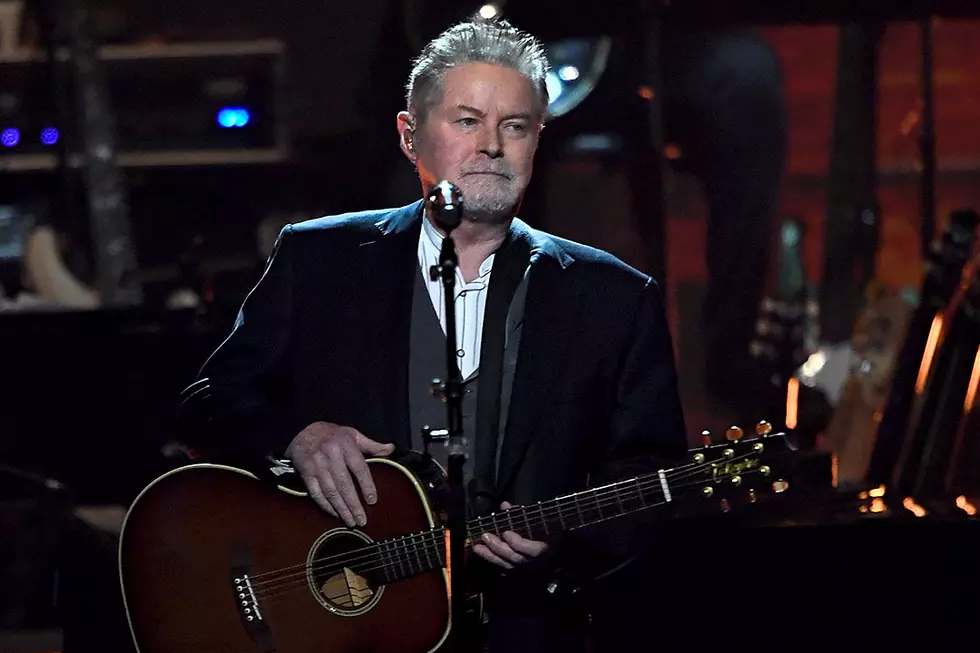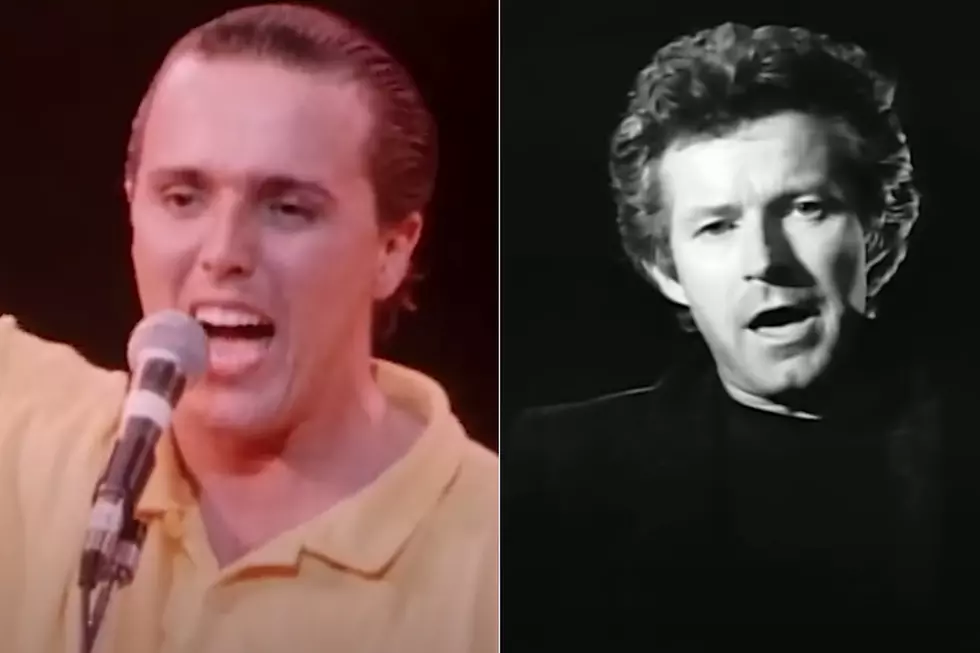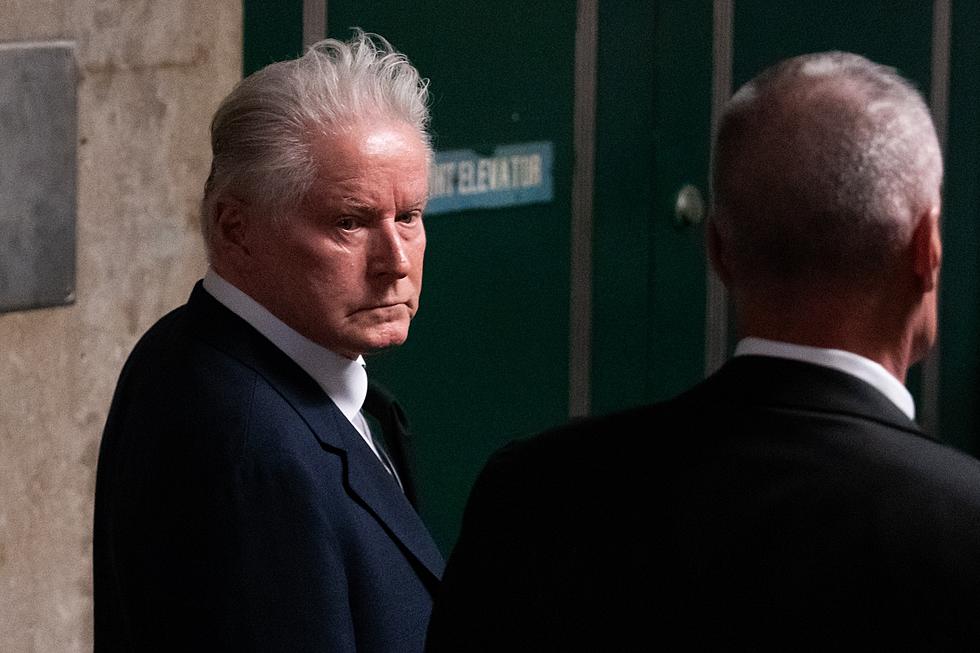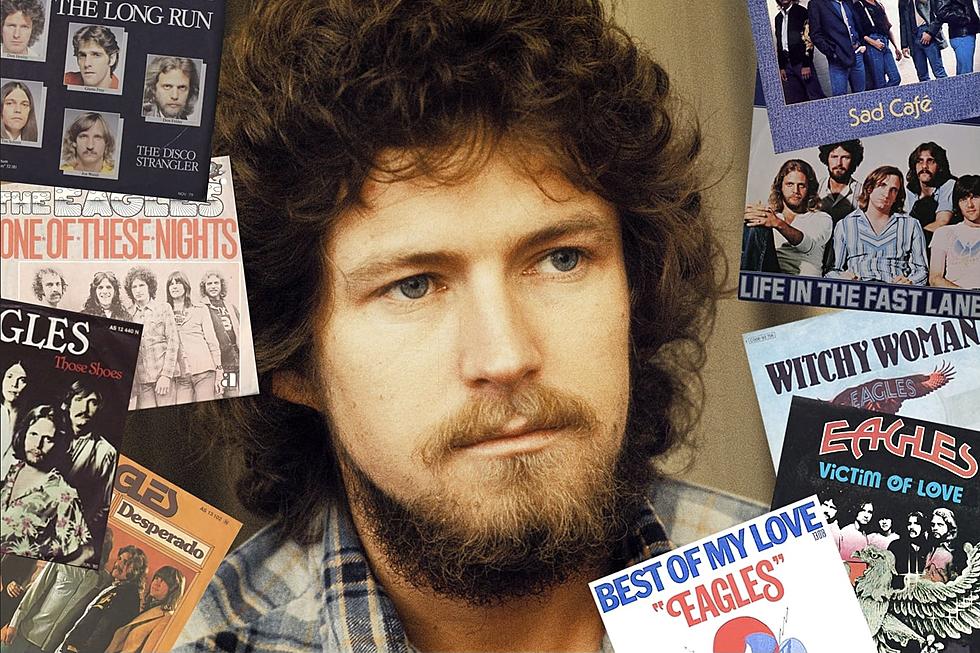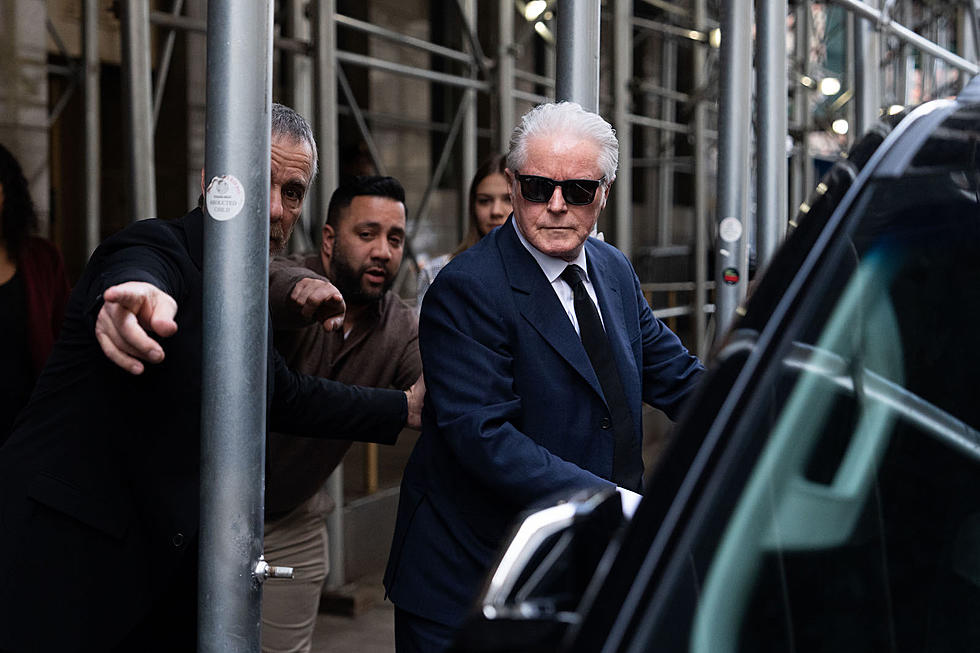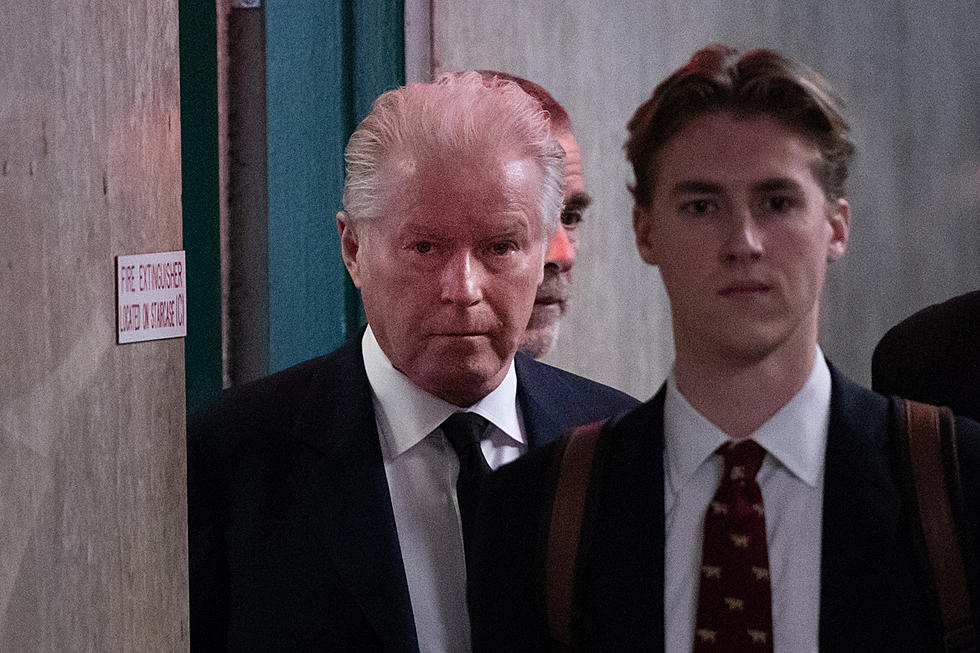
When Don Henley Went Solo With ‘I Can’t Stand Still’
The Eagles enjoyed multi-platinum success before their implosion at the end of the '70s, so going solo must have been at least slightly daunting.
Don Henley's solo debut I Can't Stand Still nevertheless arrived less than two years after the Eagles' farewell live collection made its way to stores. That was a fairly impressive turnaround, given that he had to put together a new band, find new songwriting partners and figure out what he was supposed to sound like outside the context of his old group. As Henley later admitted, it helped that he had something of a chip on his shoulder.
A phone call from Glenn Frey had led to the official breakup of the Eagles, when Henley's longtime partner started off talking about normal stuff like sports before casually letting it slip that he wanted to make a solo album. Frey didn't necessarily come out and say the group was over, but Henley could read between the lines — and he wasn't happy about the way it went down.
"I always thought in my mind that when the group broke up, we'd all get in the room together and get good and drunk and sort of cry on each other's shoulder and say, 'Well it was great and I love you and we're gonna just quit now,'" Henley later told Musician. "He didn't mean to do it that abrupt way, but it was too painful for him to do it any other way. He just sorta had to whip it out like that. I understand it now, but at the time it pissed me off. I just said to myself, 'Well, if he's going to make an album, I'm going to make an album too!'"
To start his new chapter, Henley started woodshedding with a number of West Coast session players to build up material and define a new sound. He began playing with guitarist and producer Danny Kortchmar, a former partner of James Taylor's who had embarked on a busy session career after leaving Taylor's band. Once they discovered a creative chemistry, Henley hired Kortchmar to serve as the cornerstone of his new solo band as well as his primary co-writer. Of the 11 songs Henley recorded for I Can't Stand Still, six were Kortchmar co-writes, and one — the future rock-radio single "You Better Hang Up" — was a solo Kortchmar composition.
Listen to Don Henley Perform 'You Better Hang Up'
Chalking his decision to enlist Kortchmar up to "gut instinct," Henley admitted that his choice of collaborators stemmed as much from necessity as it did from creative ambition. "I knew I needed a good musician 'cause I'm not," he continued. "I knew I needed a good guitar player. I mostly play piano. I play drums like a songwriter; I don't do anything fancy, just play the beat and try not to get in the way."
Kortchmar was certainly a big part of I Can't Stand Still's musical bedrock, but he was far from the only player on the record. Setting the template for future Henley releases, a small army of session musicians and special guests were rounded up for the tracks, with longtime associates like J.D. Souther, Warren Zevon and ex-Eagles Timothy B. Schmit and Joe Walsh stopping in, as well as ringers like Leland Sklar, Benmont Tench and Toto's Steve Lukather and Jeff and Steve Porcaro. Other famous names in the liner notes included keyboardist Garth Hudson, late of the Band, and Bill Withers.
It all added up to a sound that was, unsurprisingly, far busier than the Eagles' country-inflected aesthetic. His old band's records had gotten somewhat glossier over time, but they were downright rootsy compared to I Can't Stand Still — an album whose synth-coated buzz was summed up by the Top 5 single "Dirty Laundry," which found Henley's pointed (and ultimately prescient) observations about the growing paparazzi culture fueled by a New Wave beat and surrounded by walls of keyboards and digital noise.
The evolution may have caught some fans by surprise, but from Henley's point of view, it was still rooted in the music he'd always loved and been inspired by. It was also a solid framework for the sort of radio-ready social commentary he'd found himself drawn to in the Eagles' later years. "'Dirty Laundry' is just the blues, but we put a lot of technology into it, and put some subject matter into it. That's what I like to do," Henley pointed out. "I had a manager who once said, "There's two kinds of songs: There's beat songs that you can dance to, and there are message songs." And I always thought, 'Why can't you have both? Why does it have to be one or the other?'"
Listen to the Eagles Play 'Dirty Laundry' in Concert
That approach worked well with "Dirty Laundry," but it was still a work in progress. Peaking at a respectable No. 24, I Can't Stand Still proved there was an audience waiting for Henley's solo work, but suggested the Eagles' whole may have been more than the sum of its parts — at least in terms of sales. Scoring a pop hit with more serious subject matter is often harder than it looks, as evidenced by the way he stalled out below the Top 40 with the similarly socially minded anti-illiteracy track "Johnny Can't Read."
Released in August 1982, I Can't Stand Still gave Henley something to stand behind as he plotted his next move as a solo performer — and let him test the waters as an artist finally in complete control of his own creative destiny. As he told a number of critics, he'd made a series of compromises throughout his years in the Eagles. So Henley remained proud of their work, but it didn't always reflect his true perspective.
"One thing I'm proud of on this album is I have a sense of humor," he added. "All the critics always said how serious the Eagles were. We never really took ourselves that seriously at all. We joked about it all the time, but maybe it didn't come through in the music. I think I finally managed to get some humor into my music on this album. It's a very dry humor, it's not your basic knee-slapping fart jokes, but it does come across."
As for that daunting feeling as he started all over again? Henley seemed to make peace with it after he started his solo flight. "There's a whole new generation of kids out there who don't know about the Eagles. I think I've stretched out from that," he told NME. "It's inevitable it'll be compared with the Eagles, but that's all right. We did some good things."
Rockers Whose Bands Tried to Erase Them
How a Drug Dealer Inspired Eagles' 'Life in the Fast Lane'
More From Ultimate Classic Rock
